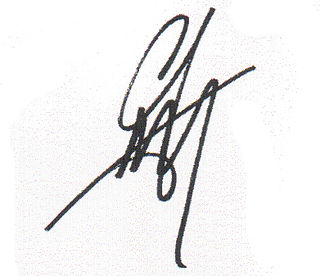A Quote by Albert Camus
Related Quotes
He who accepts life for what it is and never allows himself to be overwhelmed by it does not need to seek refuge for his crushed self-confidence in the solace of a 'saving lie'. If the longed-for success is not forthcoming, if the vicissitudes of fate destroy in the twinkling of an eye what had to be painstakingly built up by years of hard work, then he simply multiplies his exertions. He can look disaster in the eye without despairing.
It's daylight, the sky is cloudy, and human beings believe that beyond the clouds lives an all-powerful God, guiding the fate of men. Meanwhile, look at your son, look at your feet, listen to the sounds around you: down here is the Mother, so much closer, bringing joy to children and energy to those who walk over her body. Why do people prefer to believe in something far away and forget what is there before their eyes, a true manifestation of the miracle?
Fate is a misplaced retreat. Many people rationalize an unexplained event as fate and shrug their shoulders when it occurs. But that is not what fate is. The world operates as a series of circles that are invisible, for they extend to the upper air. Fate is where these circles cut to earth. Since we cannot see them, do not know their content, and have no sense of their width, it is impossible to predict when these cuts will slice into our reality. When this happens, we call it fate. Fate is not a chance event but one that is inevitable, we are simply blind to its nature and time.
. . . the fools of this world prefer to look for sages far away. They don't believe that the wisdom of their own mind is the sage . . . the sutras say, "Mind is the teaching." But people of no understanding don't believe in their own mind or that by understanding this teaching they can become a sage. They prefer to look for distant knowledge and long for things in space, buddha-images, light, incense, and colors. They fall prey to falsehood and lose their minds to insanity.










































